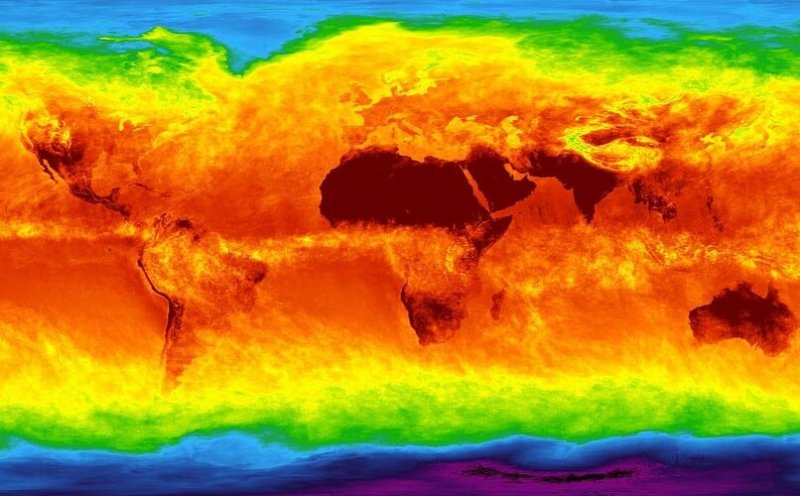This International Service for the Acquisition of Agri-biotech Applications (ISAAA) reports that in 2012, GM crops reduced greenhouse gas emissions by 23 billion kilograms of carbon dioxide equivalent. The Economist explains why these numbers seem reasonable:
GM crops in general need fewer field operations, such as tillage. Reducing tillage allows more residue to remain in the ground, sequestering more CO2 in the soil and reducing greenhouse gas emissions. Fewer field operations also means lower fuel consumption and less CO2.
Greens won’t believe these claims and will probably point out that ISAAA gets money from Monsanto and other GM companies. But that is not a good enough reason to dismiss them (and anyway ISAAA also gets money from governments and the UN). The underlying claim that GM crops reduce carbon emissions seems strong.
Read the full article here: GM crops and carbon emissions: Frankenfoods reduce global warming































